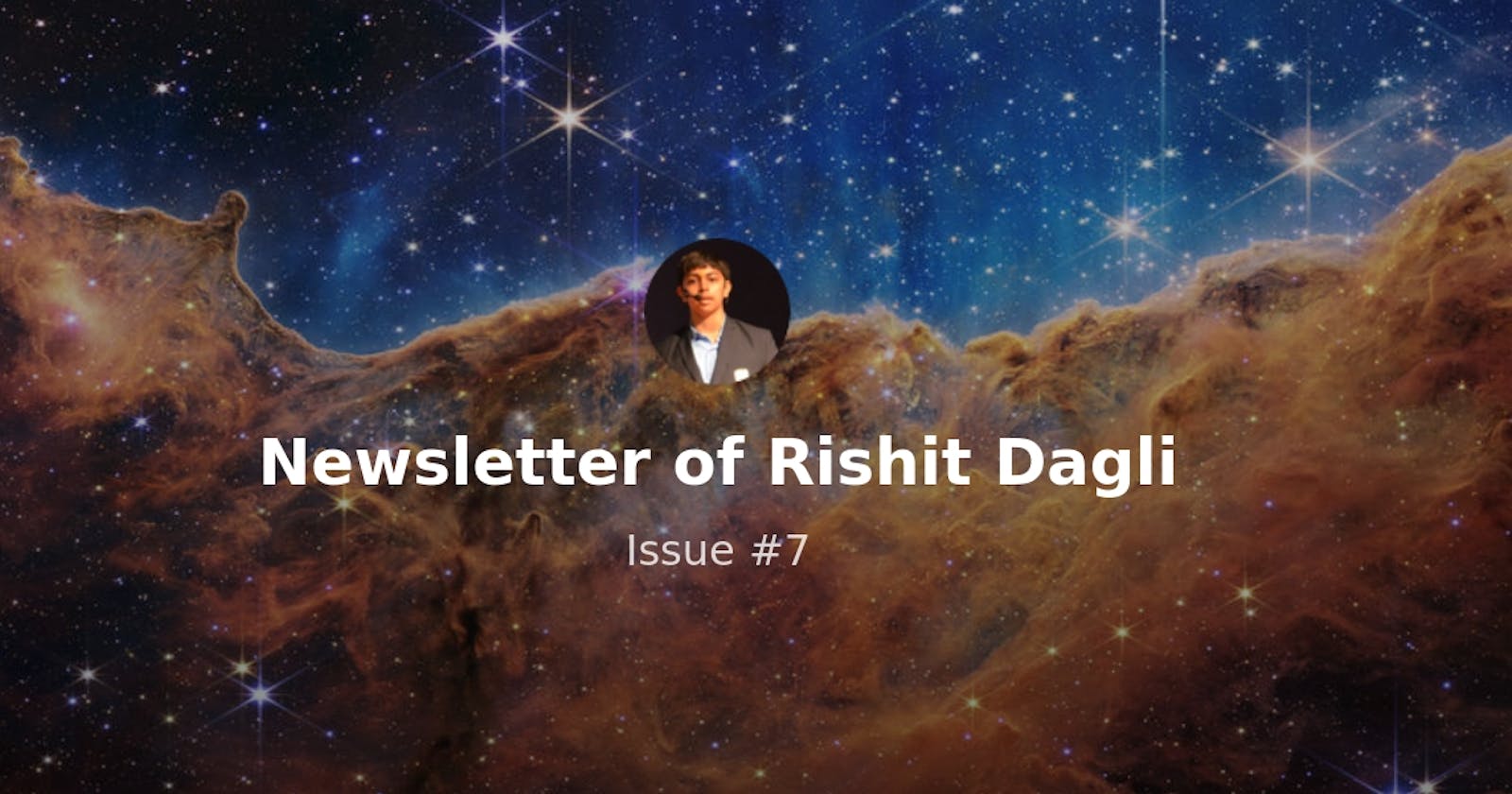Hey there, this is the seventh edition of this newsletter where I share new things I find interesting in technology and AI (paper summaries, open-source, more) straight to your inbox!
My updates on Open source 🧑💻
My talk got accepted at KubeCon NA!
My writings 📝
Developing and deploying machine learning systems could be a pain with multiple things you need to manage. In this article, I introduce you and help you get started with Kubeflow while also understanding how Kubeflow works.
Great reads from the community📖
This page lists the sequential history of Computer Science created by professor Jeffrey Shallit starting with the Antikythera mechanism to modern computers and the birth of nanotechnology.
You can now deploy to a GitHub Pages site directly from a repository using GitHub Actions, without needing to set up a publishing source. This was possible to do this earlier too but now it’s just so easy!
A great live stream showcasing some of the best projects from the TensorFlow.js community hosted by Jason Mayes.
A very interesting paper about lessons learned on scaling laws and model architectures which mainly talks about: why don’t all architectures scale the same way, performance at base vs scale, vanilla transformers, attention, and more.
NeRF relies upon specialized volumetric rendering algorithms based on ray marching that are mismatched to the capabilities of widely deployed graphics hardware. This paper introduces a new NeRF representation based on textured polygons that can synthesize novel images efficiently with standard rendering pipelines.
A new 3D dataset of fitness tasks containing over 3 million images and corresponding 3d human shape and motion capture ground truth configurations, with over 37 repeated exercises.
Learn more about this critical infrastructure, which you likely use for hours every day. explained-from-first-principles.com
Open-source from community 👏
Generates mutable models from immutable model definitions. It’s based on Kotlin’s Symbol Processor (KSP).
MMRotate is an open-source toolbox for rotated object detection based on PyTorch. github.com
That’s all, hope you liked this. Stay tuned for more updates. Feel free to submit any links for the next issue.
Regards,
Rishit Dagli
